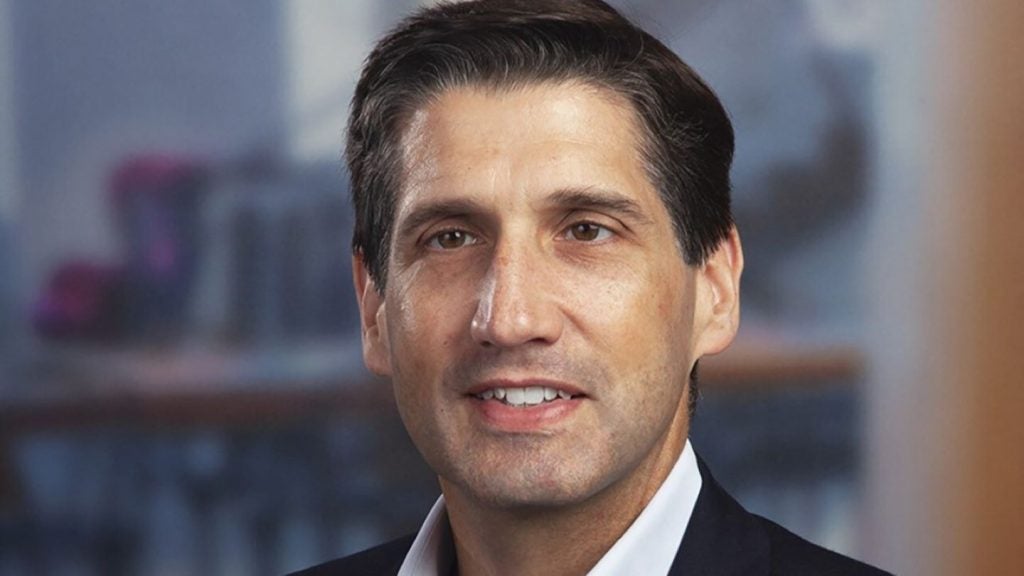
By Kris Cooper
A growing number of young people in the UK are sourcing guidance about financial decisions on social media, newly published research indicates.
The Deloitte survey of over 2,500 UK consumers found that 25% of banking customers between the ages of 18 and 24 now use social media for financial guidance – a larger proportion than those turning to their bank for guidance.
One in five were found to have invested money based on social media recommendations, with almost half of those (48%) having invested between £200 ($243) and £500 over their lifetime and 16% over £1,000. Around a fifth (21%) of those who had invested had done so specifically in cryptocurrency.
The findings echo those of a previous survey by the Financial Conduct Authority, which found that hype and social media have contributed to investment decisions of those under 40.
Deloitte also found that an increasing number of people are turning to non-traditional sources for financial advice as the cost-of-living crisis squeezes people’s finances.

US Tariffs are shifting - will you react or anticipate?
Don’t let policy changes catch you off guard. Stay proactive with real-time data and expert analysis.
By GlobalDataRichard Kibble, Head of Banking at Deloitte, said: “UK consumers are facing the highest inflation in 40 years. To cope, they are making short-term choices that could negatively impact their longer-term financial security.
“Advice across the sector needs to move beyond products to look more holistically at financial health and achieving this will require a broader review of how customers are informed and advised. Enhanced support from the industry, regulators and government is required to protect customers longer-term interests.”
The rise of finfluencers
A rising phenomenon identified by the Deloitte survey was that of ‘Finfluencers’ – social media personalities providing advice on the likes of investments, negotiating higher salaries, paying off debt, building savings and taxes.
This is in keeping with reports stating that Gen Z harbour a more anti-establishment sentiment – and is perhaps a result greater perceived accessibility compared to traditional banks. Despite this Margaret Doyle, Chief Insights Officer for Financial Services at Deloitte, has warned about the risks of the proliferation of social media-based financial advice
“It is troubling that, instead of reaching out to trusted providers, many people are turning instead to what is often unregulated financial and investment advice from ‘finfluencers’ on social media,” she commented.
“With the rise of technologies like deep fakes, relying on social media for advice makes people vulnerable to scams, phishing and risky financial decisions. There is financial education and support available from government agencies, banks, insurers, investment managers and charities.
There is increasing regulation being applied to social media and finance. HMRC are looking at how to tax income from social media and the gifts influencers receive. The FCA is also cracking down on how financial products are marketed on social media, and influencers being used to sell financial products and services.
Financial trends among young people are of growing significance. A recent report by GlobalData, highlighted that the biggest generational transfer of wealth is underway, with forecasts showing that $8.6trn will be transferred to Gen Z over the next decade. This huge transfer of wealth, worth almost 10% of global equity, signifies that young people’s investment patterns will have an even greater impact on global markets. Thus, the importance of social media financial trends will increase as the younger generation inherits more wealth as older generations pass away or donate their money.






